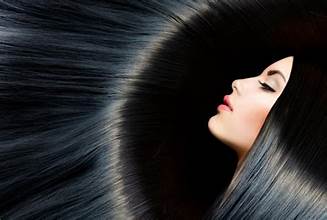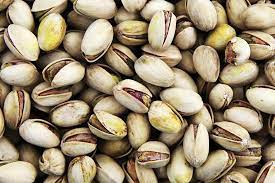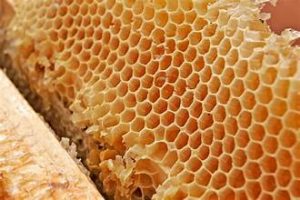Introduction:
Hair is an integral part of a woman’s identity, often symbolizing beauty, confidence, and self-expression. When hair is healthy and lustrous, it radiates vitality and enhances one’s overall appearance. However, many women struggle with hair concerns, particularly slow or stunted hair growth. Addressing this issue requires a holistic approach that encompasses lifestyle factors, hair care practices, and, most importantly, nutrition.
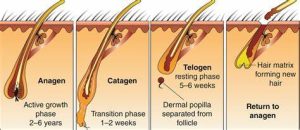
Nutritional Foundations for Healthy Hair Growth:
The foundation of healthy hair growth lies in a balanced and nutrient-rich diet. Hair follicles, the structures that anchor each hair strand, are primarily composed of protein, making adequate protein intake crucial for hair growth and strength. Protein-rich foods include lean meats, poultry, fish, eggs, beans, lentils, and nuts.
Other essential nutrients that play a vital role in hair growth include:
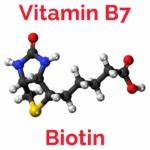
- Biotin: A B vitamin that aids in keratin production, the structural protein of hair. Biotin-rich foods include eggs, liver, avocados, sweet potatoes, and nuts.
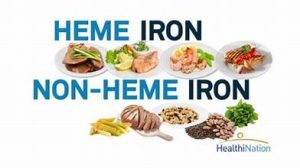
- Iron: Carries oxygen to the hair follicles, promoting healthy scalp circulation and hair growth. Iron-rich foods include red meat, poultry, fish, beans, lentils, and leafy green vegetables..

- Zinc: Essential for protein synthesis and cell division, both of which are crucial for hair growth. Zinc-rich foods include oysters, red meat, poultry, seafood, beans, lentils, and nuts.
- Vitamin C: A powerful antioxidant that protects hair follicles from damage and promotes collagen production, maintaining scalp elasticity and preventing hair breakage. Vitamin C-rich foods include citrus fruits, strawberries, bell peppers, and broccoli.
- Omega-3 Fatty Acids: Essential for cell membrane health, which is critical for hair growth and preventing dryness and brittleness. Omega-3 fatty acids are abundant in fatty fish like salmon, tuna, and mackerel.
Practical Nutritional Tips for Healthy Hair Growth:
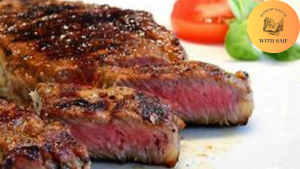
- Incorporate Protein-Rich Foods: Aim to consume at least 0.8 grams of protein per kilogram of body weight daily. Include a variety of protein sources in your diet to ensure a balanced intake of essential amino acids.

- Consume Biotin-Rich Foods: Include biotin-rich foods like eggs, avocados, and sweet potatoes in your diet. Consider biotin supplements if your dietary intake falls short.
Ensure Adequate Iron Intake: Include iron-rich foods like lean meats, poultry, fish, beans, and leafy green vegetables in your meals. Consult your doctor if you suspect an iron deficiency.

Increase Zinc Consumption: Incorporate zinc-rich foods like oysters, red meat, poultry, seafood, beans, lentils, and nuts into your diet. Consider zinc supplements if your dietary intake is inadequate.
- Boost Vitamin C Intake: Consume plenty of citrus fruits, strawberries, bell peppers, and broccoli to reap the benefits of vitamin C for hair growth and scalp health.
- Incorporate Omega-3 Fatty Acids: Include fatty fish like salmon, tuna, and mackerel in your diet at least twice a week. Consider omega-3 supplements if you don’t consume fish regularly.

- Stay Hydrated: Proper hydration is essential for overall health, including hair growth. Aim to drink eight to ten glasses of water daily to keep your scalp nourished and prevent dryness.

- Limit Sugary Drinks: Excessive sugar intake can contribute to inflammation and hinder nutrient absorption, affecting hair growth. Replace sugary drinks with water, unsweetened tea, or fruit-infused water.
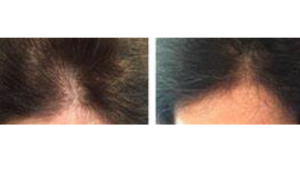
Additional Tips for Healthy Hair Growth:
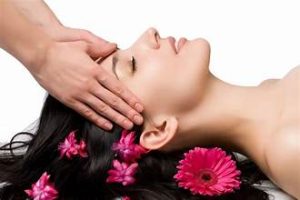
- Scalp Massage: Regular scalp massage promotes blood circulation to the hair follicles, stimulating hair growth and improving scalp health.
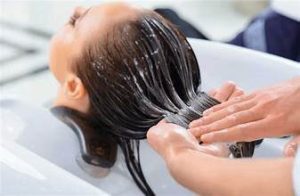
- Condition Regularly: Conditioning helps restore moisture and protect hair from damage, promoting healthy hair growth.
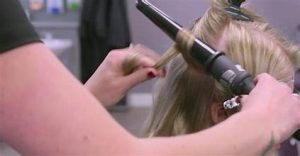
- Avoid Heat Styling: Excessive heat styling can damage hair and slow down growth. Limit heat styling tools and use a heat protectant spray when necessary.

- Trim Regularly: Regular trims help prevent split ends and breakage, promoting healthy hair growth and maintaining a healthy mane.
- Manage Stress: Chronic stress can negatively impact hair growth. Practice stress-management techniques like exercise, meditation, or yoga to promote overall well-being and healthy hair growth.

- Seek Medical Advice: If you experience persistent hair loss or have concerns about your hair health, consult a dermatologist or trichologist for proper
Keywords: Hair growth, nutrition, women, vitamins, minerals, diet, lifestyle, tips
